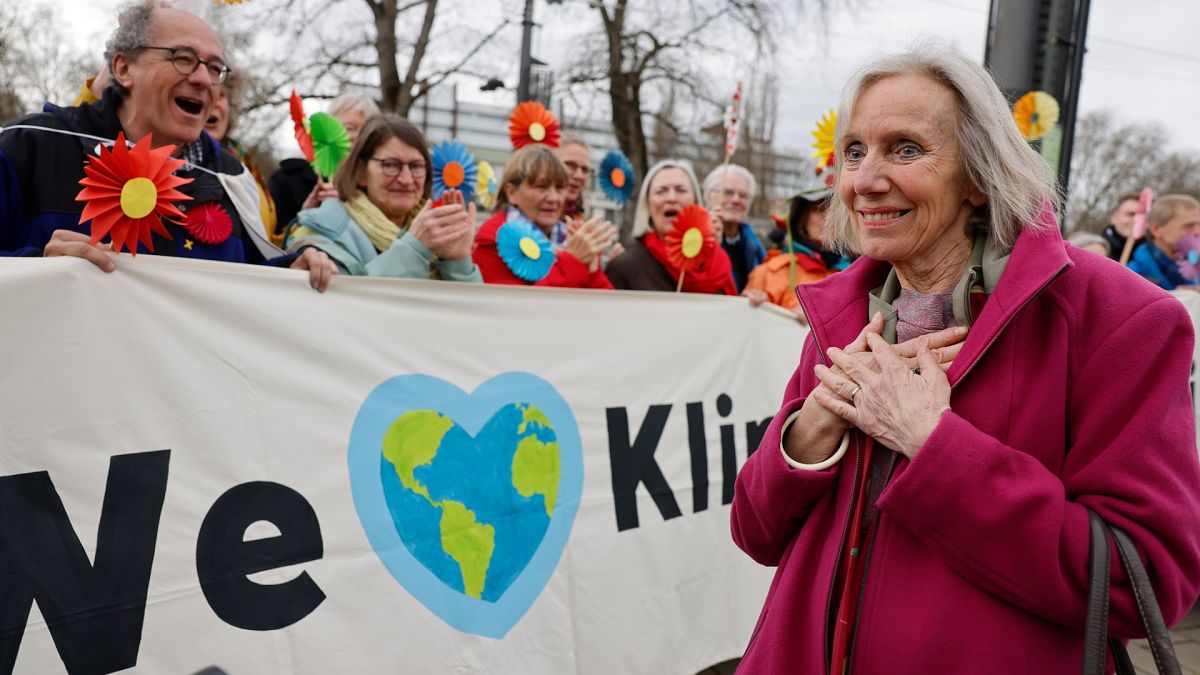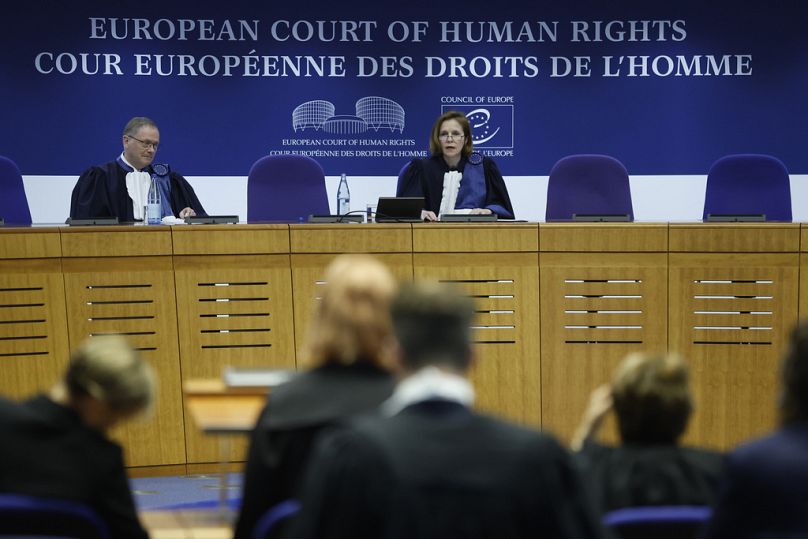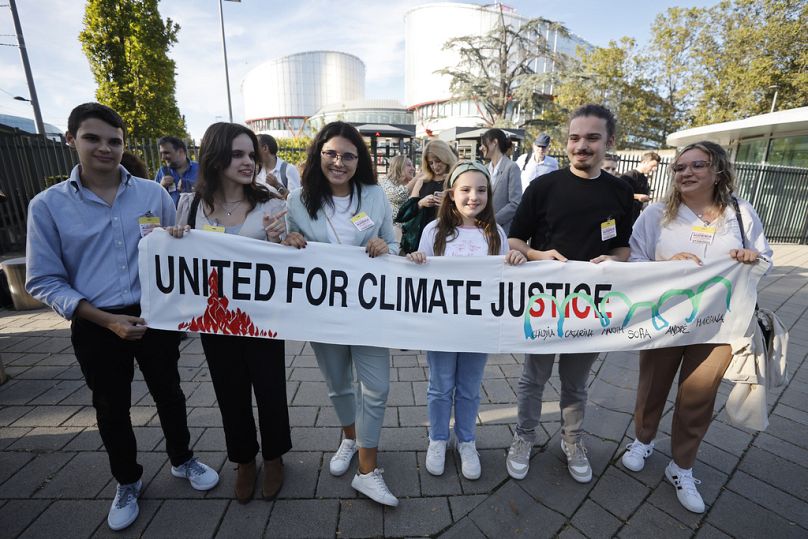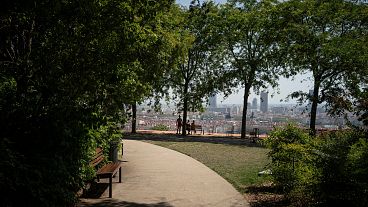Despite mixed results, experts say the trio of cases ruled on by the European Court of Human Rights could serve as a "blueprint" for future climate litigation.
On Tuesday, Europe’s top human rights court ruled that Switzerland's failure to act on climate change was a human rights violation.
The case was brought to the European Court of Human Rights by KlimaSeniorinnen (Swiss Elders for Climate Protection), a group of 2,000 Swiss women all over the age of 64. They argued that they were particularly affected, as older women are most vulnerable to extreme heat which is becoming increasingly common.
The court ruled 16-1 in favour of KlimaSeniorinnen but two other cases were thrown out - one from a French mayor and the other from six Portuguese young people.
“The significance of this decision cannot be overestimated,” the group’s lawyer Cordelia Bähr said yesterday following the ruling.
She added that it is of “great importance for further climate lawsuits against states and companies worldwide and increases their chances of success.”
Experts are saying it could be one of the most impactful rulings on climate change and human rights ever made. Despite mixed results, this trio of cases could serve as a “blueprint” for others looking to hold their government accountable for inaction.
What does the ruling mean for future climate cases in Europe?
Though some activists and campaigners have had success on a domestic level, this is the first time an international court has ruled on climate change.
If the ECHR had decided that the European Convention on Human Rights didn’t require action from governments on this issue, it would have undermined existing rulings made by domestic courts over the last few years.
“The Swiss ruling sets a crucial legally binding precedent serving as a blueprint for how to successfully sue your own government over climate failures,” says Ruth Delbaere, legal campaigns director for activism network Avaaz.
Delbaere says the Swiss women have “opened a new chapter in climate litigation” which shows how ordinary people can force reluctant States to take action.
Aside from showing citizens how to sue their government, it also sets a significant precedent across the 46 member states of the Council of Europe - including the EU, United Kingdom and Norway. The ruling could potentially trickle down to influence the law across these countries.
Aoife Nolan, professor of international human rights law at the University of Nottingham, says yesterday’s decision is a “huge step” for ensuring protections in European human rights law around climate change.
Specifically, because the court ruled that Article 8 of the European Convention on Human Rights - the right to a private and family life and home - “encompasses a right to effective protection by the State authorities from the serious adverse effects of climate change on lives, health, well-being and quality of life.”
“In doing so it set out a range of measures that State authorities need to take to give effect to that right,” Nolan explains, “including reducing greenhouse gas emissions levels with a view to reaching net neutrality, in principle within three decades.”
The court also ruled that these women had been denied their right to a fair trial in their country.
Switzerland has said it will study the decision to see what steps will be needed next and Judge Siofra O’Leary, the court's president, stressed that it would be up to governments to decide how to approach their climate obligations.
Nolan adds that the decision is also set to have a “seismic impact” on political discussions around whether the European Convention on Human Rights needs to be changed to include the right to a clean, healthy and sustainable environment.
‘We didn’t break the wall but we’ve made a huge crack’
Yesterday’s decision will likely encourage other groups to bring climate cases to the ECHR - several lawsuits were adjourned in anticipation of the ruling on these three cases.
The door has also been opened for more legal challenges in countries that are members of the Council of Europe. Other lawsuits that have previously struggled in Council of Europe member states could be reignited in the wake of the decision, too.
It is also likely to have ramifications for the roughly 100 similar cases currently in progress at courts around the world.
Though only one of the trio of cases was ultimately successful, each has its role to play in the future of climate litigation.
“These cases drew on each other, and they should be understood that way,” says Corina Henri, an expert in climate change litigation at the University of Zurich.
In particular, Henri says, the case from the six Portuguese young people - known as the Duarte Agostinho case - shifted what was thought legally possible and created new approaches to how much states can be expected to do about climate change.
“These understandings infused the KlimaSeniorinnen case, so while Duarte Agostinho may have been declared inadmissible, the argumentative model created by this case will certainly have an enduring legacy in the Court’s further case law on climate change.”
In the words of Catarina dos Santos Mota, one of the six young applicants in the Duarte Agostinho case: “We didn’t break the wall but we’ve made a huge crack”.





